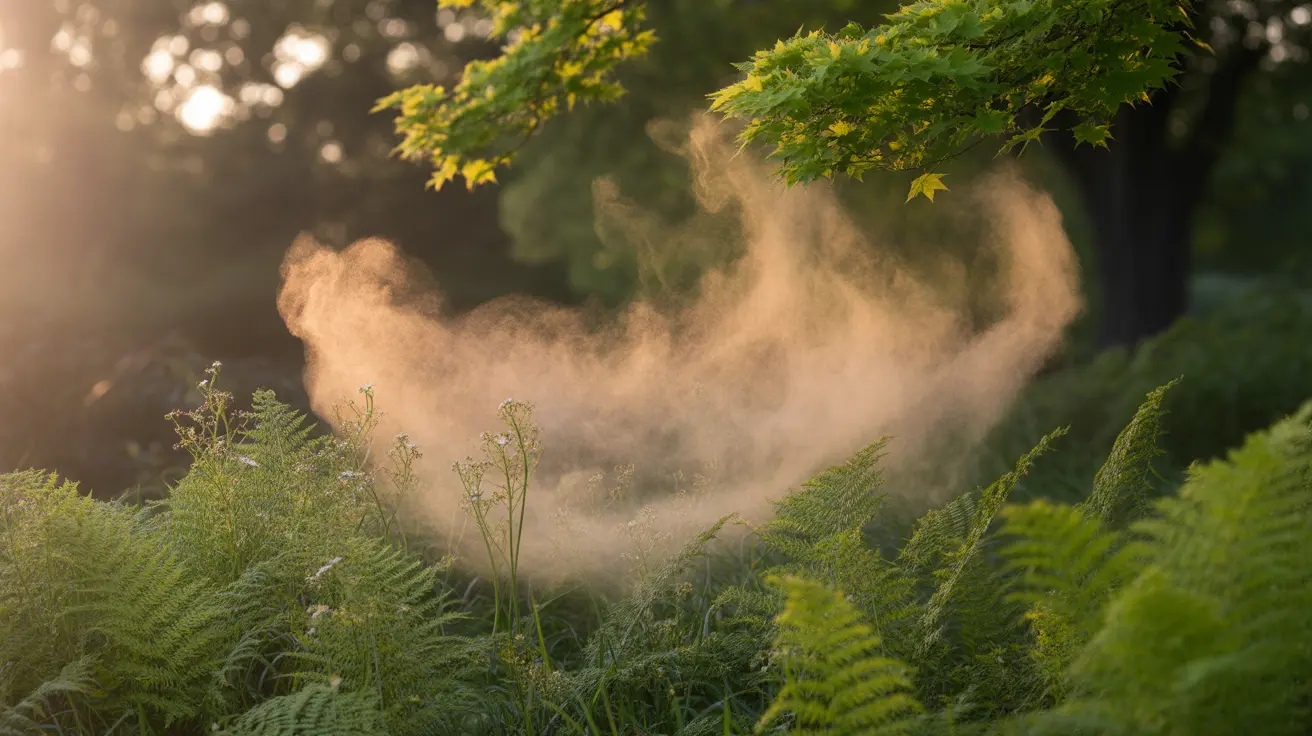If you've noticed your allergies seem particularly intense this year, you're not alone. Many people are experiencing more severe allergy symptoms, and there are several scientific reasons behind this trend. Understanding why allergies are worse and what you can do about it can help you better manage your symptoms and improve your quality of life.
The Impact of Climate Change on Allergy Seasons
Climate change has significantly altered the pattern and severity of allergy seasons across the United States. Warmer temperatures and increased carbon dioxide levels are causing plants to produce more pollen for longer periods. This extended exposure time, combined with higher pollen counts, creates perfect conditions for severe allergy symptoms.
Key Factors Making Allergies Worse
Several environmental and atmospheric changes are contributing to more severe allergy seasons:
- Longer growing seasons due to warmer temperatures
- Higher carbon dioxide levels stimulating increased pollen production
- More frequent extreme weather events disturbing pollen patterns
- Urban air pollution interacting with pollen particles
- Changes in precipitation patterns affecting pollen distribution
Understanding Your Allergy Symptoms
Recognizing whether you're dealing with allergies or another condition is crucial for proper treatment. Common seasonal allergy symptoms include:
- Persistent sneezing and runny nose
- Itchy, watery eyes
- Congestion and sinus pressure
- Scratchy throat
- Coughing
- Fatigue
Allergies vs. Cold Symptoms
While allergy symptoms can be similar to cold symptoms, there are key differences. Allergies typically don't cause fever or body aches, and symptoms tend to last longer than a cold. Additionally, allergy symptoms often worsen when outdoors or on high-pollen days.
Effective Management Strategies
Taking proactive steps to manage your exposure to allergens can significantly reduce symptom severity:
Outdoor Protection Methods
- Check daily pollen forecasts
- Limit outdoor activities during peak pollen times
- Wear sunglasses and wide-brimmed hats
- Change clothes after being outdoors
- Shower before bed to remove pollen
Indoor Air Quality Improvements
- Use high-efficiency air filters
- Keep windows closed during high pollen days
- Regular cleaning and vacuuming
- Consider using a dehumidifier
- Wash bedding weekly in hot water
Treatment Options for Severe Allergies
Various treatment options are available for managing severe seasonal allergies:
Over-the-Counter Solutions
- Antihistamines
- Nasal corticosteroids
- Decongestants
- Eye drops
- Nasal irrigation systems
Prescription Treatments
For more severe cases, healthcare providers may recommend:
- Prescription-strength antihistamines
- Stronger corticosteroids
- Leukotriene modifiers
- Immunotherapy (allergy shots)
- Biological treatments for severe cases
Frequently Asked Questions
Why are my allergies so much worse this year than in previous years?
Your allergies may be worse due to climate change effects, including longer growing seasons and increased pollen production. Additionally, changes in weather patterns and air pollution can intensify allergy symptoms.
How does climate change make allergy seasons longer and more severe?
Climate change creates warmer temperatures and higher CO2 levels, which cause plants to produce more pollen for extended periods. This results in longer allergy seasons and more intense symptoms for allergy sufferers.
What are the best ways to reduce pollen exposure and manage allergy symptoms outdoors?
Monitor pollen forecasts, limit outdoor activities during peak pollen times, wear protective clothing, and shower after being outside. Using air purifiers indoors and keeping windows closed during high pollen days can also help.
What over-the-counter and prescription treatments are available for severe seasonal allergies?
OTC options include antihistamines, nasal sprays, and decongestants. Prescription treatments involve stronger medications, corticosteroids, and immunotherapy for severe cases. Consult your healthcare provider for personalized recommendations.
What are the most common symptoms of spring and summer allergies, and how can I tell if it's allergies or a cold?
Common allergy symptoms include sneezing, runny nose, itchy eyes, and congestion. Unlike colds, allergies don't cause fever or body aches, tend to last longer, and symptoms often worsen with outdoor exposure.




